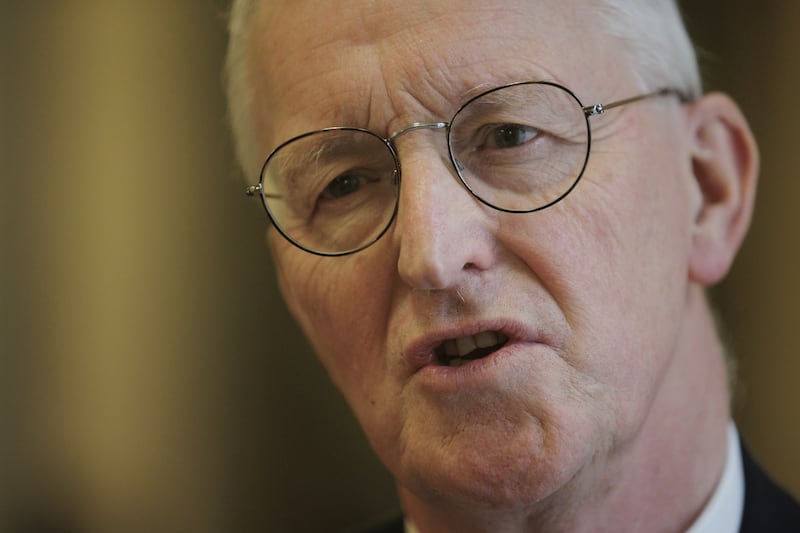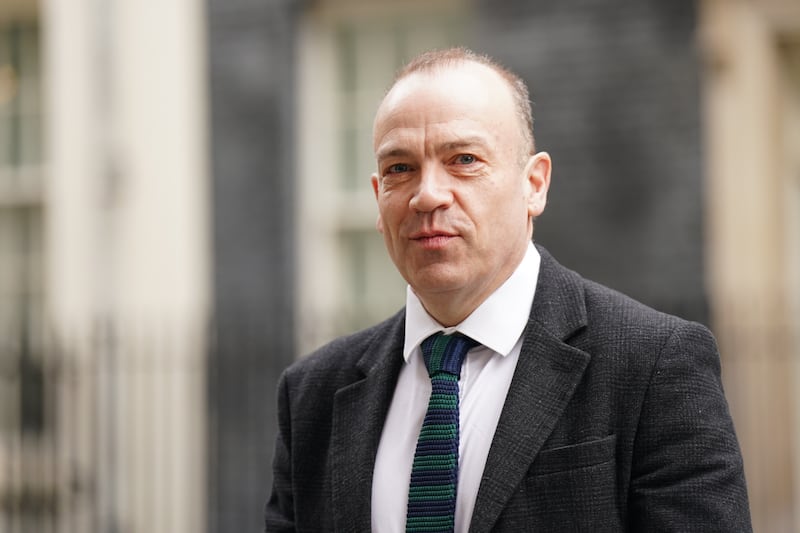Shadow Northern Ireland secretary Hilary Benn has questioned whether the British government will be “helped or hindered” by legal action taken in defence of controversial legacy legislation.
The Legacy Act received royal assent last autumn despite widespread opposition from political parties and victims’ organisations in Northern Ireland as well as the Dublin government.
It offers a limited form of immunity from prosecution for Troubles-related offences for those who co-operate with a new body aimed at truth recovery.
The Act will also halt future civil cases and legacy inquests which have not reached the point of verdict by May 1, after which they will be transferred to the Independent Commission for Reconciliation and Information Recovery (ICRIR).

Attorney General Dame Brenda King is currently considering five requests to hold inquests into Troubles deaths.
Last month, a judge at Belfast High Court ruled that the provision for conditional immunity is not compliant with the European Convention on Human Rights (ECHR). The Government is appealing against that finding.
During Northern Ireland questions in the Commons on Wednesday, Mr Benn asked if confidence in the ICRIR will be “helped or hindered” by the Government’s response to legal push-back on the Bill.
He told MPs: “One of the other challenges the institutions are facing is dealing with the continuing legacy of the Troubles, and seven days from now all civil cases and inquests related to the Troubles will come to an end under the Legacy Act, which is widely opposed in Northern Ireland.
“Does (Chris Heaton-Harris) think that confidence in the new independent commission will be helped or hindered by the fact that he has recently brought three separate legal challenges to the disclosure by coroners of information to families about what actually happened to their loved ones, information which they have been denied for so many years?”

In his reply, Mr Heaton-Harris said: “I actually do believe that those who have even civil cases now will be able to use the ICRIR when it opens its doors on May 1 in good faith.
“Indeed, only this month, the former co-chair of the Consultative Group on the Past, Denis Bradley, stated that he thought the people involved in the ICRIR ‘are very good people and I have a lot of regard for them’.
“And if people want to decide if it offers them something, well, then I’d be very reluctant to make too many strong judgments around it.
“Because, and this is the problem we are trying to solve as the UK government, and I quote him directly, ‘We have created a swamp around legacy, a complete swamp, and anything that helps some people to get out of that swamp I won’t be too critical’.”
The Dublin government has also launched an interstate case against the UK at the European Court of Human Rights in relation to the Legacy Act.









